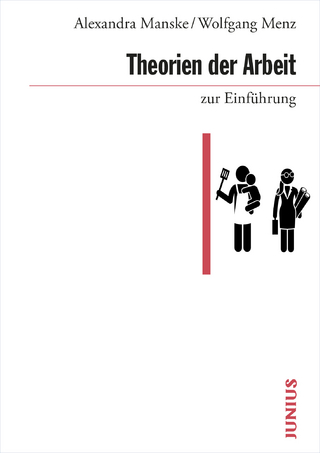
Death and Afterlife in Modern France
Seiten
1993
Princeton University Press (Verlag)
978-0-691-00889-9 (ISBN)
Princeton University Press (Verlag)
978-0-691-00889-9 (ISBN)
- Titel ist leider vergriffen;
keine Neuauflage - Artikel merken
Although church attendance in contemporary France is minimal, when death occurs many families still cling to religious rites. This study turns to 19th-century French beliefs in death and the afterlife to explain this phenomenon, noting how deeply rooted the cult of the dead has become.
Although today in France church attendance is minimal, when death occurs many families still cling to religious rites. In exploring this common reaction to one of the most painful aspects of existence, Thomas Kselman turns to 19th-century French beliefs about death and the afterlife not only to show how deeply rooted the cult of the dead is in one Western society, but how death and the behaviour of mourners have been politicized in the modern world. Drawing on sermons preached in rural and urban parishes, folktales, and accounts of seances, the author vividly re-creates the social and cultural context in which most French people responded to death and dealt with anxieties about the self and its survival. Inspired mainly by Catholicism, beliefs about death provided a social basis for moral order throughout the 19th century and were vulnerable to manipulation by public officials and clergy.
Kselman shows, however, that by the mid-century the increase in urbanization, capitalism, family privacy and expressed religious differences generated diverse attitudes toward death, causing funerals to evolve from Catholic neighbourhood rituals into personalized symbolic events for Catholics and dissenters alike - the civil burial of Victor Hugo being perhaps the greatest symbol of rebellion. Kselman's discussion of the growth of commercial funerals and innovations in cemetery administration illuminates a new struggle for control over funeral arrangements, this time involving business men, politicians, families and clergy. This struggle in turn demonstrates the importance of these events for defining social identity.
Although today in France church attendance is minimal, when death occurs many families still cling to religious rites. In exploring this common reaction to one of the most painful aspects of existence, Thomas Kselman turns to 19th-century French beliefs about death and the afterlife not only to show how deeply rooted the cult of the dead is in one Western society, but how death and the behaviour of mourners have been politicized in the modern world. Drawing on sermons preached in rural and urban parishes, folktales, and accounts of seances, the author vividly re-creates the social and cultural context in which most French people responded to death and dealt with anxieties about the self and its survival. Inspired mainly by Catholicism, beliefs about death provided a social basis for moral order throughout the 19th century and were vulnerable to manipulation by public officials and clergy.
Kselman shows, however, that by the mid-century the increase in urbanization, capitalism, family privacy and expressed religious differences generated diverse attitudes toward death, causing funerals to evolve from Catholic neighbourhood rituals into personalized symbolic events for Catholics and dissenters alike - the civil burial of Victor Hugo being perhaps the greatest symbol of rebellion. Kselman's discussion of the growth of commercial funerals and innovations in cemetery administration illuminates a new struggle for control over funeral arrangements, this time involving business men, politicians, families and clergy. This struggle in turn demonstrates the importance of these events for defining social identity.
| Reihe/Serie | Princeton Legacy Library |
|---|---|
| Verlagsort | New Jersey |
| Sprache | englisch |
| Gewicht | 567 g |
| Themenwelt | Geisteswissenschaften ► Philosophie |
| Sozialwissenschaften ► Soziologie ► Mikrosoziologie | |
| ISBN-10 | 0-691-00889-2 / 0691008892 |
| ISBN-13 | 978-0-691-00889-9 / 9780691008899 |
| Zustand | Neuware |
| Haben Sie eine Frage zum Produkt? |
Mehr entdecken
aus dem Bereich
aus dem Bereich


